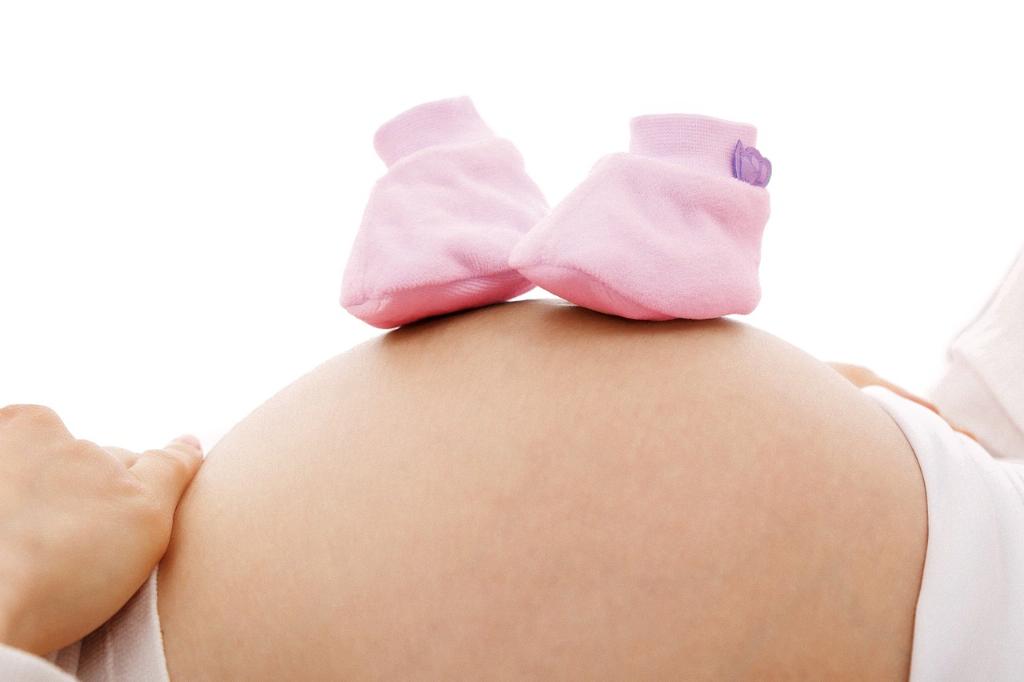As an expectant mother, the journey of pregnancy is filled with a myriad of physical changes and symptoms that can be both expected and unexpected. One topic that may not often be openly discussed is the occurrence of liquid diarrhea in late pregnancy. This issue can be concerning and at times, alarming, but it is essential to understand the reasons behind it and when it may warrant medical attention.
Understanding the Causes of Liquid Diarrhea
Diarrhea, especially in late pregnancy, can be attributed to a variety of factors. Hormonal changes, dietary adjustments, increased water consumption, and even stress can play a role in the frequency and consistency of bowel movements. Additionally, the proximity of the baby to the birth canal can exert pressure on the digestive system, leading to more frequent and liquid stool.
Hydration and Nutrition
It is crucial to prioritize hydration and nutrition during pregnancy, especially when dealing with diarrhea. Drinking plenty of water can prevent dehydration, while consuming juices rich in potassium and broth containing sodium can help replenish essential electrolytes lost through diarrhea. Ensuring a balanced diet with fiber-rich foods can also promote healthy digestion.
When to Seek Medical Advice
While most cases of diarrhea in late pregnancy are benign and resolve on their own, certain red flags should prompt a consultation with a healthcare provider. If the diarrhea persists for more than two days, is accompanied by fever, severe abdominal pain, or bloody stool, it is important to seek medical advice promptly. These symptoms could indicate a more serious underlying condition that requires intervention.
Managing Stress and Anxiety
Stress and anxiety can exacerbate gastrointestinal issues, including diarrhea. Pregnancy itself can be a stressful time, filled with anticipation and uncertainty. Engaging in relaxation techniques such as deep breathing, meditation, or prenatal yoga can help alleviate stress and promote overall well-being, potentially reducing the frequency of diarrhea episodes.
Discussing Concerns with Your Healthcare Provider
Open communication with your healthcare provider is paramount during pregnancy, especially when experiencing unfamiliar symptoms like liquid diarrhea. Discussing your concerns and symptoms in detail can help your healthcare provider assess the situation accurately and provide tailored advice or interventions if necessary.
Monitoring Fetal Movements
While focusing on your own health is essential, it is equally crucial to monitor your baby’s movements during episodes of diarrhea. Changes in fetal activity, such as decreased movement or kicks, could signal distress and should be promptly reported to your healthcare provider for further evaluation.
Utilizing Home Remedies
In addition to staying hydrated and maintaining a nutritious diet, certain home remedies may offer relief from diarrhea symptoms. Consuming probiotic-rich foods, such as yogurt, and incorporating bland foods like bananas, rice, applesauce, and toast (BRAT diet) can help regulate bowel movements and alleviate gastrointestinal discomfort.
Ensuring Proper Rest and Relaxation
Amidst the challenges of dealing with diarrhea in late pregnancy, ensuring adequate rest and relaxation is vital for both maternal and fetal well-being. Prioritize sleep, practice self-care routines, and enlist the support of loved ones to navigate this phase with greater ease.
Conclusion
In conclusion, experiencing liquid diarrhea in late pregnancy can be a common yet unsettling occurrence. By understanding the potential causes, prioritizing hydration and nutrition, seeking medical advice when necessary, managing stress, and utilizing home remedies, expectant mothers can navigate this symptom with greater confidence and peace of mind as they approach the joyous culmination of childbirth.

